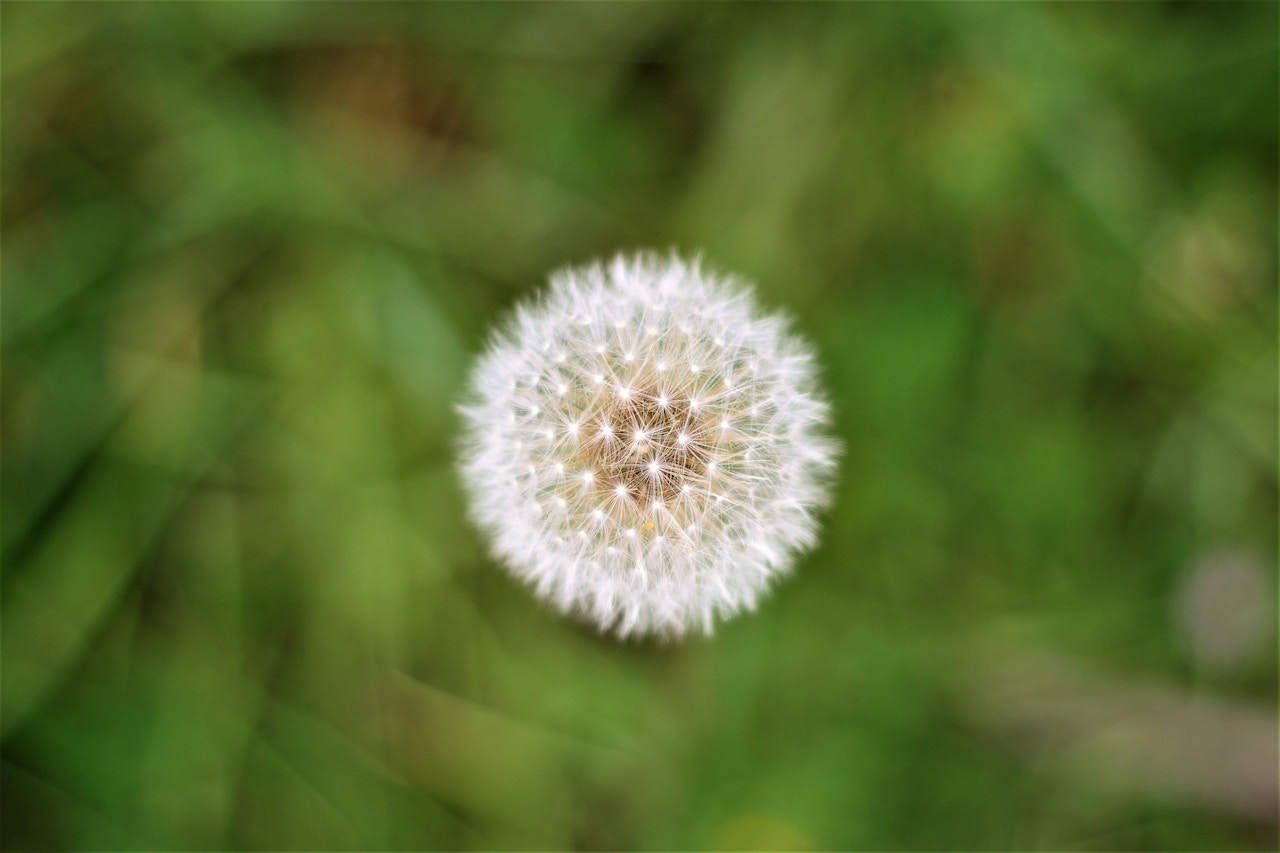
Dandelions: The Good, the Bad and the Deadly
There are well over 200 different species of dandelion. It’s true. Most people don’t even realize it, but you could have several different species popping up out of your lawn right now. They can be very useful, but they can also be a real nuisance. But, as the saying goes (or at least as it is expertly paraphrased), “When life gives you dandelions, make dandelion tea!” Is that good advice? Let’s find out.
The Good
Dandelions have a surprisingly high nutritional value. They are high in both vitamins A and C and they contain more beta-carotene than carrots. They have more potassium in them than broccoli or spinach and they are a great source of both iron and copper. Despite rumors to the contrary, none of the 200+ species pose any widespread health issues, although different people’s metabolisms respond to dandelions in different ways. We’ll look more into that in a minute.
Dandelions are loaded with other health benefits beyond just basic nutrition. They promote good gallbladder, pancreatic and intestinal health, they help you maintain a healthy spleen and can even combat and alleviate cirrhosis of the liver. Dandelions also have strong anti-inflammatory properties.
The best way to reap all those benefits is through the use of dandelion tea. It can relieve constipation, help with various digestive disorders and relieve indigestion. It also helps to dissolve gallstones and has properties capable of helping improve kidney function.
As if that weren’t enough, the white sap that forms on the outside of the dandelion’s stem will sooth the pain of minor cuts and burns and is a natural antihistamine that can stop the sting and itch of bee stings and mosquito bites. Aren’t you glad you didn’t just mow them over now?
The Bad
With all these amazing benefits, it seems unlikely that one could find anything bad to say about these buttery-looking little gems, but there are a few things to be aware of when using dandelions internally. The biggest and most important one is allergies. If you are allergic to any plant in the Asteraceae family (this includes chrysanthemums, chamomile, and ragweed) or if you have a honey allergy, do not drink dandelion tea. You could develop mouth sores similar to cankers. Dandelion also lowers blood sugar levels so anyone with diabetes or taking blood sugar medication should steer clear of dandelion tea.
The Deadly
Poor dandelion. We know you mean well, but even the best remedies carry certain risks. For dandelions, those risks include raising the toxicity levels of foxglove and hawthorn. Also, if you eat dandelions in a salad or just off the stem, you risk life-threatening parasitic infections as almost everything, including the human body, is home to a host of other organisms. Dandelions just happen to attract things that can kill you, hence the recommendation of using it primarily in teas. Women who are pregnant or breastfeeding also should definitely not use dandelion. It can result in immune deficiencies in infants that can subsequently lead to death.